IranWire’s Arabic team has examined three key pieces of misleading information given by Syrian Foreign Minister Faisal Mekdad the state and return of Syrian refugees in a recent interview with Sama, a TV channel affiliated with the Syrian regime.
- “Refugees Left Because of the Terrorists”
Mekdad claimed in the interview that the refugees left Syria for fear of terrorist attacks. To determine the party responsible for the exodus of refugees, the tean examined the violations that led to the exodus of large numbers of Syrians in search of safety in other countries.
The death toll of the Syrian civil war by September 2021 stood at 228,099 civilians, 87 percent of whom were killed by the Syrian regime. Separately at least 14,565 were killed under torture; 9,860 of these are known to have been killed by the Syrian regime forces. The number of forcibly disappeared people stood at 102,287, of whom 8,485 were proven to be at the hands of Syrian regime forces. There were a further 149,862 cases of arbitrary arrests; 8,773 people were arrested by the Syrian regime.
A study by the Syrian Association for Citizens’ Dignity points the finger at the Syrian regime for the exodus of Syrians. Some 68 percent of men and 59 percent of women do not feel safe in regime-held areas, it found, due to arbitrary arrests, forced conscription and the chaotic security situation. The study was entitled “Vengeance, Repression and Fear: The Reality Behind Assad’s Promises to Displaced Syrians” and featured the testimonies of 165 people researchers from the Damascus countryside, Aleppo, Homs and Daraa.
Fadi Nazhat, a member of the Association, told IranWire: “More than half [62 percent] of the respondents or one of their relatives had been subjected to arbitrary detention by the regime’s security services.”
- “Returnees are Not Punished”
In his interview, Mekdad said: “The Syrian regime does not punish the returning refugees.” He further claimed: “Every returning refugee is welcome in their homeland and they undergo no interrogation. Those who have returned are more than two and a half million.”
He claimed that in some cases, returning refugees are arrested at the border based on charges pressed by fellow Syrian citizens, and that the government has nothing to do with that. Mekdad added that the Syrian president issued decrees and laws that guarantee a safe return to every Syrian citizen.
The EU delegation to Syria notes that very few Syrians would now dare to return to their country. "Many of them (Syrian refugees), upon their return, were subjected to arbitrary arrest, enforced disappearance and ill-treatment by the security forces of the regime, or were sometimes forced into conscription, in addition to the fact that more than 5.5 million Syrians were forced to seek refuge in other countries to escape the atrocities of the war".
The right to safe, voluntary, and dignified return to one’s home country is an individual right held by all refugees and internally displaced persons. But many human rights organizations have documented the Syrian security forces’ continued arbitrary arrest, disappearance, and ill-treatment of people across the country, including refugees who returned to areas retaken by the regime. The EU delegation concluded that Syria is still an unsafe and discriminatory country for the majority of its citizens, and the necessary laws and political reforms to guarantee the citizens' right to live in safety are still absent.
According to the Syrian Network for Human Rights, from the beginning of 2014 until August 2019, around 1,916 refugees who returned from countries of asylum were arrested by the regime forces, including 219 children and 157 women. The Syrian regime released 1,132 of these people, while 784 remain incarcerated; 638 of whom have since turned into cases of enforced disappearance, while 15 of them were killed under torture. Eleven of those who died from torture had returned from Lebanon.
Last October, Human Rights Watch issued a report entitled “Our Lives Are Like Death: Syrian Refugee Returns from Lebanon and Jordan,” in which it concluded: “Syrian refugees who voluntarily returned to Syria between 2017 and 2021 from Lebanon and Jordan faced grave human rights abuses and persecution at the hands of Syrian government and affiliated militias, including torture, extra-judicial killings, and kidnappings. The majority of those interviewed by Human Rights Watch also struggled to survive and meet their basic needs in a country decimated by conflict and widespread destruction.”
The report added: “Syria is not safe for return... Refugees returning from Lebanon and Jordan told Human Rights Watch that the Syrian government or its affiliated militias subjected them or their family members to arbitrary arrest, detention, torture and inhuman and degrading treatment, kidnappings, and extrajudicial killings after their return to Syria. Human Rights Watch documented 21 cases of arrest and arbitrary detention, 13 cases of torture, three kidnappings, five extrajudicial killings, 17 enforced disappearances and one case of alleged sexual violence. A further 28 interviewees who returned to Daraa described living in an insecure environment characterized by arrests at checkpoints, kidnappings, racketeering, bribery and extortion, assassinations, and pervasive lawlessness and lack of accountability.”
After Bashar al-Assad hosted a “Refugee Return Conference” in November 2020, EU foreign policy chief Josep Borrell said: “Conditions inside Syria at present do not lend themselves to the promotion of large-scale voluntary return, in conditions of safety and dignity in line with international law.”
More than 40 Syrian organizations recently joined a campaign entitled “Return Begins with the Departure of Assad” in response to Assad’s cynical call for Syrians to come home. All 40 organizations affirmed that Assad’s presence is the biggest obstacle to the safe return of refugees.
- The Syrian Regime Provides Assistance to Returnees
During the same interview, Mekdad said: “The government provides assistance for the returnees in the form of housing maintenance work. For those who have a house that needs repairs, the government helps them to restore it. As for those who do not have a home, the government provides them with temporary housing.”
In an attempt to verify this claim, IranWire Arabic correspondents interviewed five Syrian refugees who returned with their families from Lebanon to Syria. All five told IranWire that they did not receive assistance from the Syrian government. One of the refugees interviewed added that they had been arrested at the Al Masnaa border point between Syria and Lebanon on coming back.
Based on all of this, IranWire considers the statements of Syrian Foreign Minister Faisal Mekdad to be misleading public opinion.
Related coverage:
Fact Checking Special: Three Lies in a Veteran Diplomat’s Short Interview
Fact Check: With SCO Membership Approved, is Iran the 'Fourth Power in the East'?
Fact Check: Are Most Iranian Street Children Foreign Nationals?
Fact Check: Is the Islamic Republic of Iran a "Top" Country?
Fact Check: Does Iran Have One of the Strongest Militaries in the World?
Fact Check: How Big of a Lie is the Guards' Coronavirus Detector?
Fact Check: Army Commander Lies About Iran's Speed Boats
Fact Check: Does the Islamic Republic Really Fight Corruption?
Fact Check: Iran's Judiciary Is Not and Has Never Been Independent
visit the accountability section
In this section of Iran Wire, you can contact the officials and launch your campaign for various problems




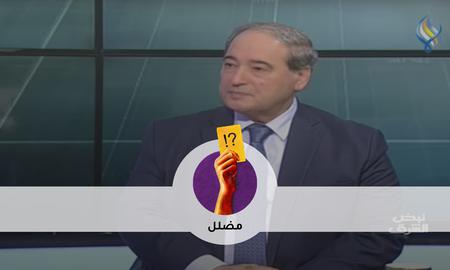





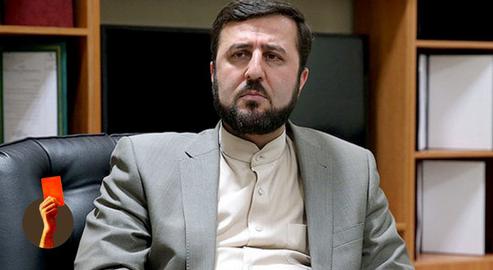
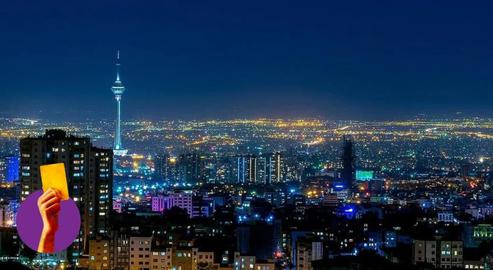
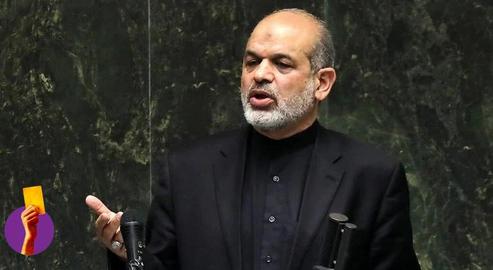
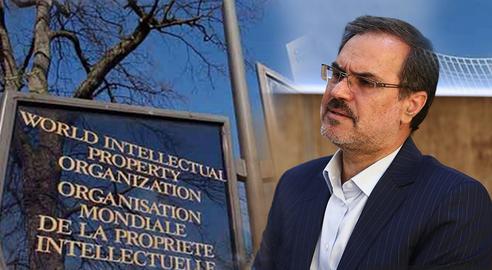


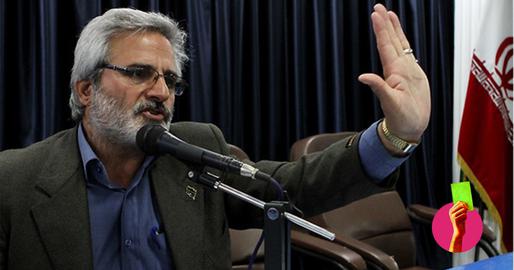
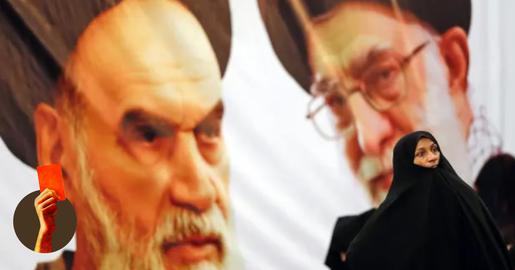
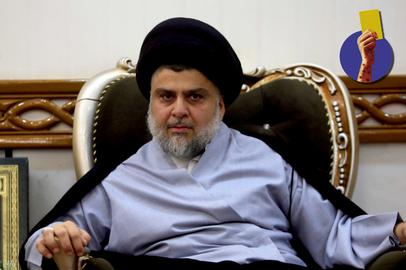

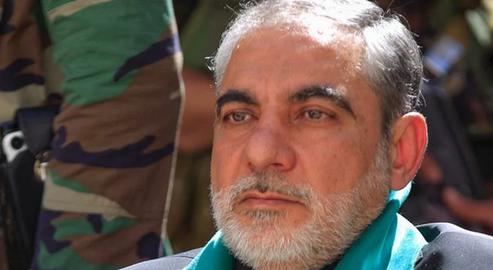
comments